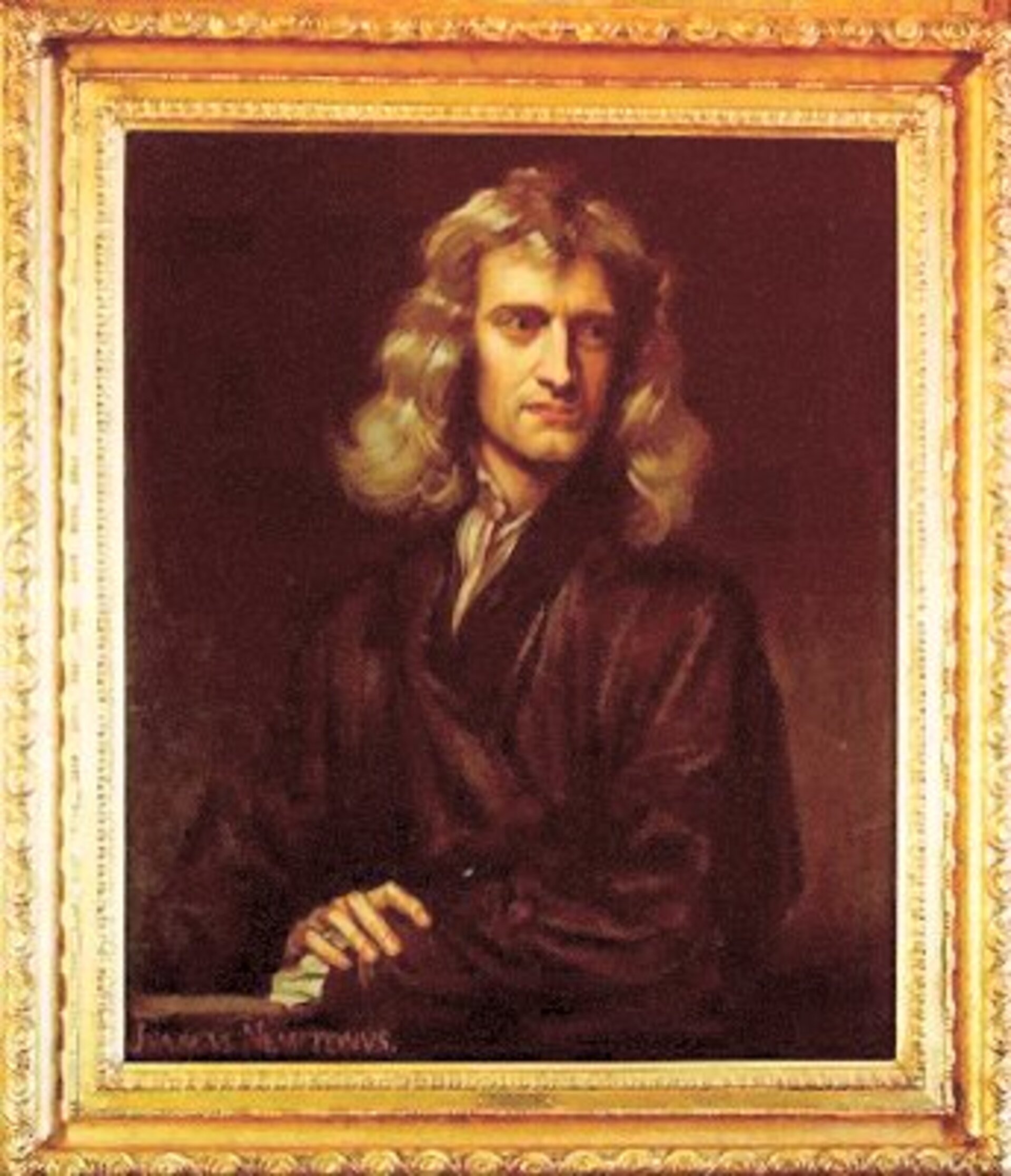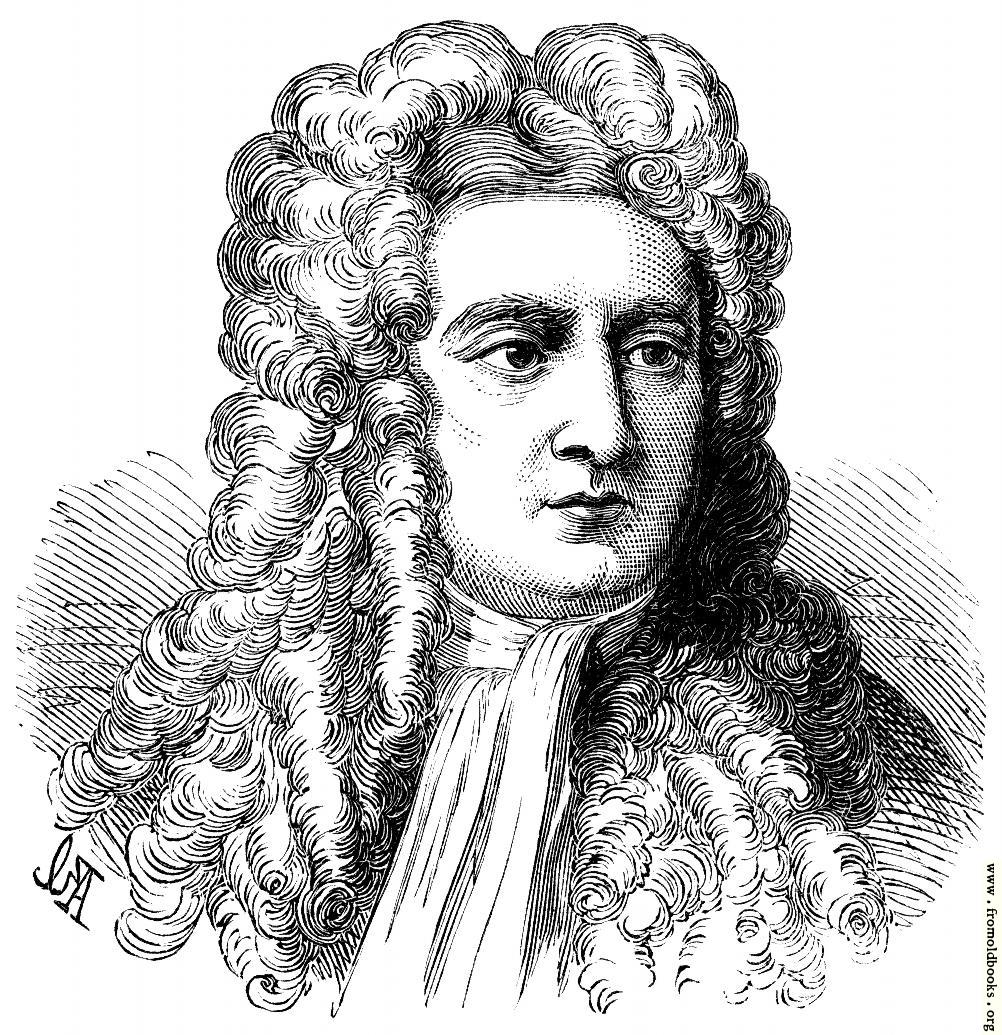


He took his duties seriously and tried to get rid of corruption as well as to reform the currency of England. In 1696 Newton became the warden of the Royal Mint in London. He spent these two years in study and isolation at his home in Woolsthorpe developing his theories on calculus, gravity, and the laws of motion. Isaac had to leave Cambridge from 1665 to 1667 because of the Great Plague. He eventually was elected to represent Cambridge University as a member of parliament. He would spend much of his life at Cambridge, becoming a professor of mathematics and a fellow of the Royal Society (a group of scientists in England). In 1661, Isaac began to attend college at Cambridge. For the rest of his life he would prefer to work and live alone focused on his writing and his studies. At one point his mother tried to take him out of school so he could help on the farm, but Isaac had no interest in becoming a farmer and was soon back at school. Isaac attended school where he was an adequate student. His mother remarried when Isaac was three years old and left young Isaac in the care of his grandparents. His father, a farmer who was also named Isaac Newton, had died three months before his birth. Isaac Newton was born in Woolsthorpe, England on January 4, 1643. During his lifetime Newton developed the theory of gravity, the laws of motion (which became the basis for physics), a new type of mathematics called calculus, and made breakthroughs in the area of optics such as the reflecting telescope. Even Albert Einstein said that Isaac Newton was the smartest person that ever lived. Isaac Newton is considered one of the most important scientists in history. He was buried in Westminster Abbey, and his monument stands by the choir screen, near his tomb.Isaac Newton by Godfrey Kneller Biography: Whether his mind was truly able to align religion and science, no-one knows for sure. But his strong beliefs stemmed from his investigation of the natural world. He believed in a monotheistic God, and spent many hours trying to glean hidden messages from the Holy Bible. Aside from his scientific works, he wrote numerous theological papers, which dealt with the literal translation of the Bible. A history of the Bible: who wrote it and when?ĭespite being a scientific revolutionary, Newton was devoutly religious.This was the birth of a wave of newly enlightened thinkers.īy Newton’s time, religion was still a big part of life, but scientists were trying to understand how God fitted into the picture – alongside their research. In the 14th and 15th centuries, a group of so-called ‘humanists’ was formed in France and Italy – they were not opposed to the Church, merely intent on worshipping God away from the restraints of priests. Newton the politicianĭuring the Middle Ages, the Church was incredibly powerful, keeping the aristocracy under their thumb. This Scientific Revolution was truly an era of scientific enlightenment – perfectly summed up by the Royal Society’s motto: ‘Nullius in verba’, which basically means ‘take nobody’s word for it. Galileo Galilei worked out that objects of different mass fall at the same speed, and he improved the telescope, which led to his many astronomical discoveries – such as spotting mountains and valleys on the surface of the Moon, and discovering the four largest moons of the planet Jupiter.Īnd, by Newton’s time, when once people believed that the world was composed of four qualities (Empedocles’ earth, water, air and fire), scientists now recognised that it was made of atoms, or ‘corpuscles’ (small material bodies). Elsewhere in Europe, scientists carried out various experiments and came up with ingenious inventions. Most historians claim this Scientific Revolution was kick-started by mathematician and astronomer Nicolaus Copernicus (1473-1543), who came up with his heliocentric view that the Sun is at the centre of our Solar System, and not Earth. No longer did people simply theorise how the world worked, but they used individual experience and scientific experimentation to gain actual knowledge. What and when was the Scientific Revolution?įrom around the 15th to the end of the 17th centuries, developments in mathematics, physics, astronomy, biology and chemistry transformed society’s view of the world around us.


 0 kommentar(er)
0 kommentar(er)
